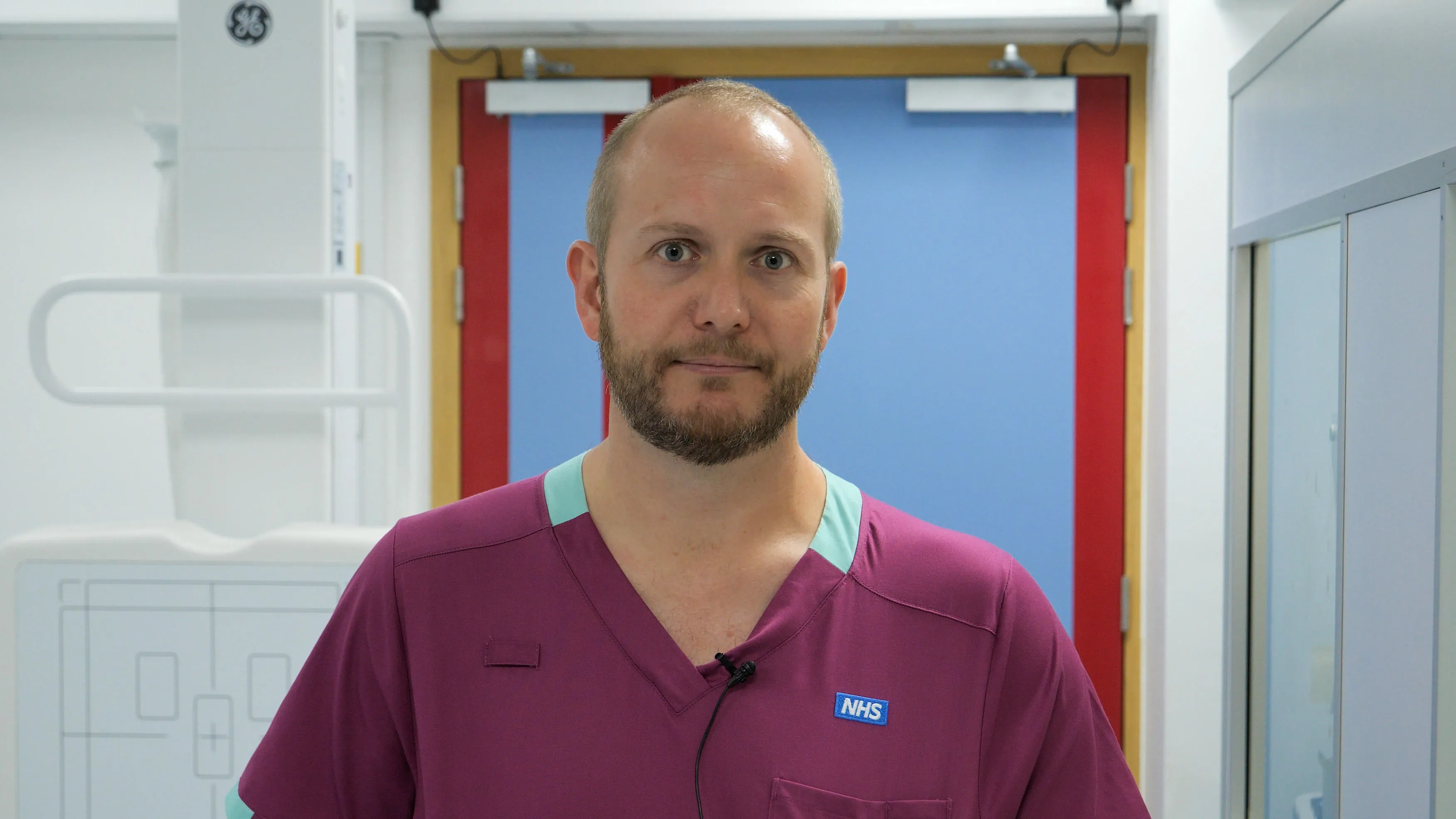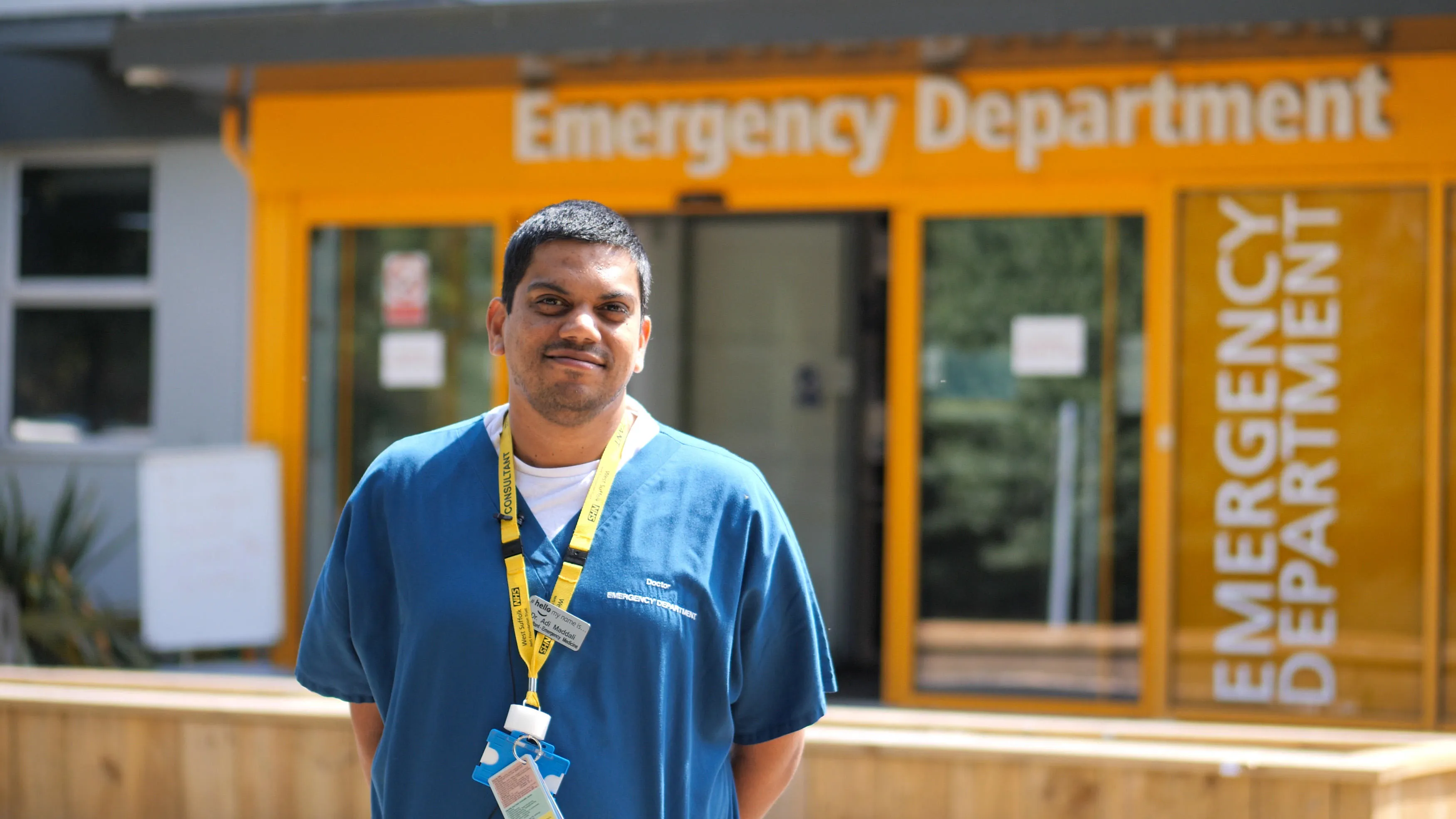The West Suffolk NHS Foundation Trust (WSFT) is encouraging all patients who rely on time-critical medicines to bring them to hospital or alert staff as soon as they arrive.
Time-critical medications are drugs that need to be taken at particular intervals or specific times, and are often used to treat conditions such as Parkinson’s, diabetes and epilepsy.
Missing this window can have serious consequences, yet research suggests less than half of people with Parkinson’s admitted to hospitals in England will receive their medication on time.
Ed Kirkham, one of the Trust’s paediatric radiographer practitioners who himself has Parkinson’s, said: “For people like me, timing is everything when it comes to medication.
“If I don’t take my Parkinson’s medication within 30 minutes of when they are due, I can become stiff, slow and find it hard to move or speak. It’s critical these medications are taken at the correct time and not delayed.”

Whether you are an inpatient, attending an outpatient appointment, accompanying someone, or visiting a loved one, it is very important that you bring any medication with you - particularly if they are time-critical medications.
Being prepared is vital in case there are delays on your journey or if a scan or consultation takes longer than expected.
Ed continued: “Missing or delaying taking your time critical medication can have serious implications for your health. It may take you longer to recover from your illness, extend the length of time you stay in hospital, and significantly increase your risk of falls and chest infections.
“I also know how much unnecessary stress and anxiety is caused due to the symptoms of your condition becoming more pronounced.”
A report from the College of Emergency Medicine highlighted that only 39% of Parkinson’s medication is taken on time by patients in an emergency department. Additionally, the report outlines that one in six patients in hospital have diabetes, and 35% require treatment with insulin during this time.
Missed or delayed insulin doses can lead to diabetic ketoacidosis, which can be life-threatening. Therefore, the Trust is asking patients to inform them of any risk to their health due to absent medication or missed doses.
When accessing healthcare services unexpectedly, such as during a medical emergency, it may be that you or a loved one are unable to bring any time-critical medications. In this case, it is important that a member of staff is informed as soon as you arrive.
Dr Adi Maddali, a consultant in the Trust’s emergency department, said: “If you take time-critical medicines, like those for epilepsy or Parkinson’s, please let us know as soon as you arrive at the emergency department.
“Don’t wait. By telling us straight away, we can make sure you get your medicines on time.”

